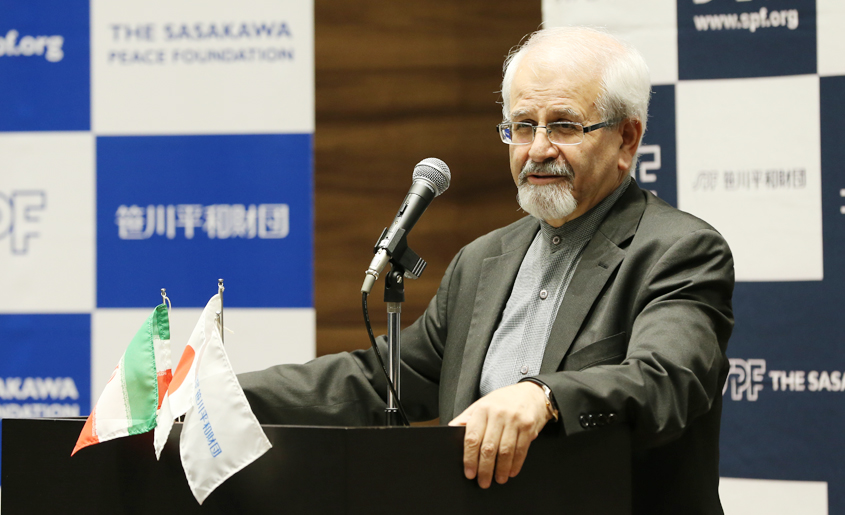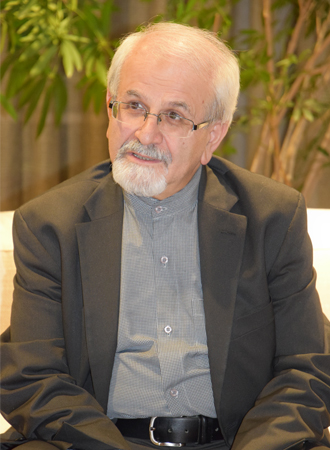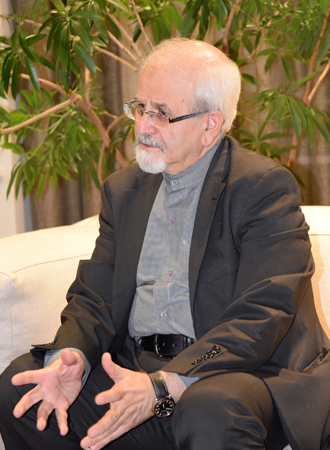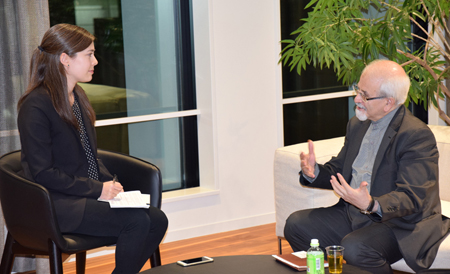What are your expectations for this relationship going forward?
Dr. Sajjadpour: First, I would like the relationship to be more multidimensionalized. We have an economic relationship, but we also have political consultation. Now we have a good number of Iranian graduate students studying in Japan. I think this has been phenomenal over the last couple of decades, and it has created a very interesting dimension of connectivity between academic institutions. Now some graduates of Japanese universities in Iran hold key positions and they really contribute to the diversification of knowledge in Iran coming from different sources. On the cultural side, there are some activities going on, but I think the relationship should also go to other social dimensions, for example tourism. In addition, each aspect of the relationship can by themselves be multidimensionalized. For example, on the economic side you can have investment, you can have trade, finance, and the list goes on. I think this kind of multidimensionalization is an important concept.
Second, I think this relationship should be free from third-factor variables. There are some forces working against this relationship or seeking to have some degree of impact. Especially when you look at the American sanctions, of course Japan has tried to be exempted and tried to negotiate intensely with the Americans, but you see this third-factor variable coming to negatively impact this relationship. What I would like to see is that this relationship be deepened so much and further dimensionalized to a more multi-layered level so that it would be immune from these third-factor variables.
Could you talk about what role Japan could play in the Middle East or potentially in the broader international realm?
Dr. Sajjadpour: In our region, West Asia or as they call it the Middle East, there is no paucity of external players. The issue is that some of these players, including the United States and the UK, have a negative history, especially when it comes to military and strategic interventions. Sometimes significance is placed on erroneous assumptions, a negative worldview, and so on, and there is so much sensitivity to some of these external factors. On the individual level, you can see the way people feel especially about imperialist and expansionist policies. But in our region, a player like Japan has a different perception. People look at Japan as an industrial country, but there is an Asian identity and an Asian point of connectivity. We're from the same continent. We share the same continental games. We know Japanese teams and they know us. I think this image is an asset for both the region and for Japan, which can be used for deepening the relationship on the educational level and even on the political level. I know that there is so much caution on the Japanese side, but still I think this potentiality of having a much weightier political impact can be suggested.
Now I would like to turn to some of the work of the Sasakawa Peace Foundation. The Middle East and Islam Program Department has done a lot of work with Iran. Could you talk about how you see SPF contributing to the resolution of various international issues?



